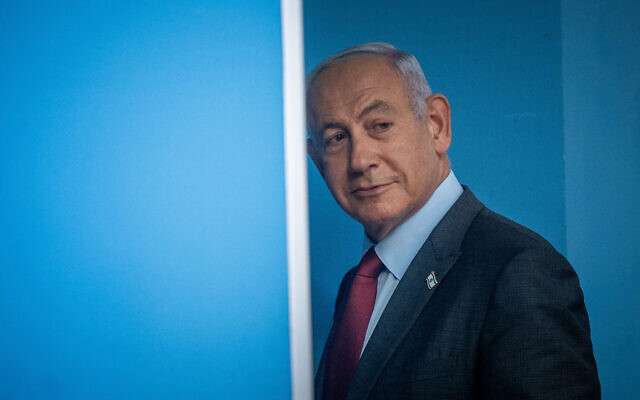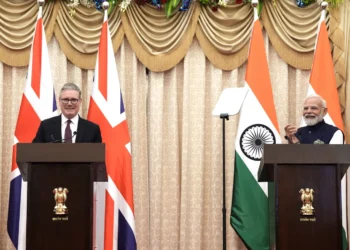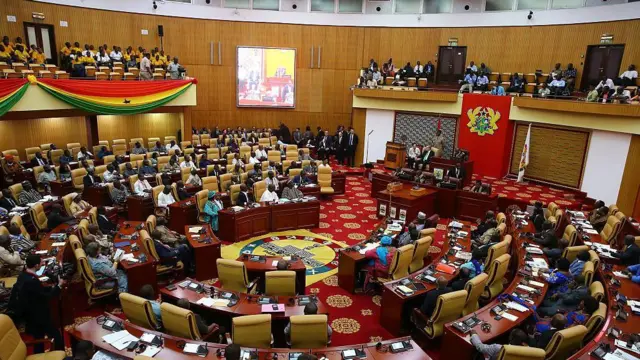US and Israeli officials have indicated that there is potential for a ceasefire to be reached with Hamas.
However, there are still outstanding issues related to the implementation of the agreement.
In a call, Israeli Prime Minister Benjamin Netanyahu informed US President Joe Biden that Israel had decided to send a delegation to negotiate a captive release with Hamas.
However, he added that he would end the war in Gaza only after “achieving all its objectives.”
According to sources, Israeli intelligence Chief David Barnea will lead the delegation and will meet with Qatar’s Prime Minister, Sheikh Mohammed bin Abdulrahman Al Thani before the start of a new round of negotiations.
The decision to send the delegation came after Hamas disclosed within the week that it presented new “ideas” to Qatari, Egyptian and Turkish mediators on how to reach a ceasefire and captive-exchange deal.
Meanwhile, a US official told reporters, without elaborating, that Hamas had shifted its position on a potential deal.
“We’ve had a breakthrough,” said the official, who cautioned that obstacles still remain.
While there appears to be “more energy” behind efforts to get ceasefire talks restarted, officials in the US are also cautioning that it does not mean an agreement will be reached in the next few days.
An official from Israel’s negotiating team also told a news agency that Hamas’s latest ceasefire proposal included a “significant breakthrough” without specifying what it was.
The official, who spoke on the condition of anonymity, was quoted as saying there is a “real chance” a deal will be agreed but it depends on Netanyahu.
There has been little headway in negotiations since June 11, 2024, when Hamas said that it was ready to “deal positively” with the Biden-backed ceasefire proposal, but made several “amendments” it described as minor.
Rami Khouri, a fellow at the American University of Beirut, opined that news of the revived talks is hopeful but key sticking points remain – including whether the agreement will end the war “completely” and how many Palestinian prisoners will go free in exchange for Israeli captives.
Political analyst Omar Baddar also said that there is “serious division” between Israel’s military and political establishment over how to proceed.
He stated that military leaders realise that there is “no path to a better future for Israel out of this entire mess, and that it is time to simply end this war.”
However, he said, the country’s political leaders “have absolutely no interest in doing that.”
Expectations Over Potential Ceasefire Agreement Not To Be Raised
Sultan Barakat, a Professor of public policy at Hamad bin Khalifa University, noted, “We have to be very careful not to raise false expectations” when it comes to the possibility of Hamas and Israel reaching a ceasefire agreement.
“In this process, there’s been many occasions where we thought there was a breakthrough and then it did not materialise,” Barakat told a news agency.
“However, in this case, broadly speaking, the framework presented around the three stages has in fact been approved by Hamas … even before Biden’s announcement at the end of May,” Barakat said of the three-stage proposal.
Back then, he said, the “main obstacle” was that Israel denied any knowledge of the proposal.
Barakat said that Netanyahu “insisted that he should be able to continue fighting until he achieved his objectives.”
Barakat added that the breakthrough currently being reported by Israeli officials is “probably some type of compromise on their understanding of what a ceasefire would involve.”
“They [Hamas] probably will accept that Israel will continue to do some operations on the side, some surveillance,” he said.
READ ALSO: Atlantic Lithium Tops Gainers with 7.58% Surge on a No-Loser Day for GSE





















